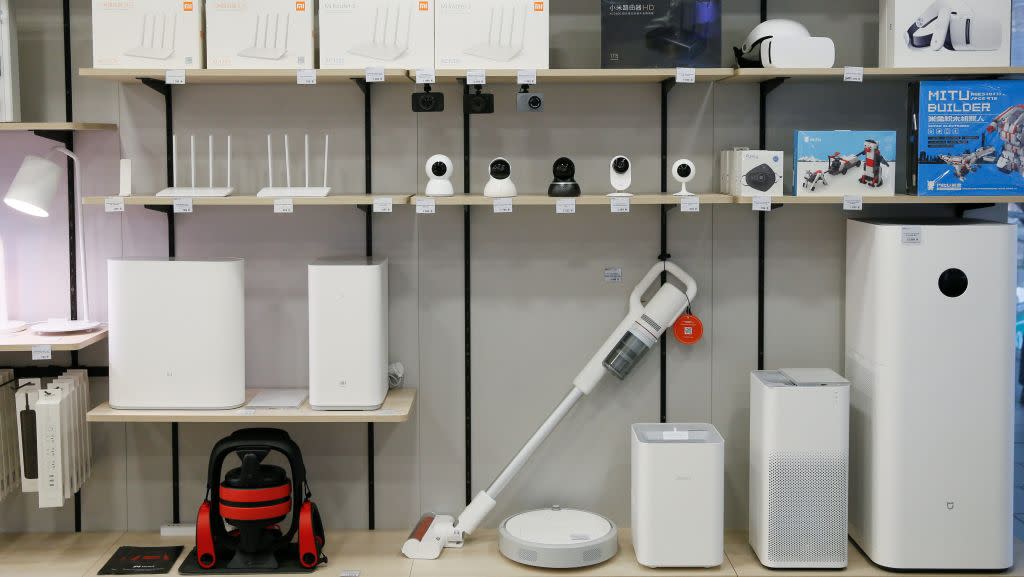Xiaomi’s effort to become a “new species” of company is stuck

Chinese smartphone maker Xiaomi’s effort to position itself as a “new species” of business in the tech industry—one that can make money not only from gadgets but also online services—appears to be stalling.
The firm, which reported earnings yesterday (Aug. 20), is unsurprisingly suffering from the sluggish global smart phone market. It recorded an 87% decline in net profit to 2 billion yuan ($280 million) for the quarter ended in June, from 14.6 billion yuan ($2 billion) in the same period last year. But what’s also worth noting is the flat performance of its internet services business.
At the time of its IPO filing last year, the company pinned its hopes on the segment for helping it to transform from a pure hardware seller to an “innovation-driven internet company,” with future growth depending much more on lucrative online services—from ads and payments to streaming and gaming, similar to Apple’s trajectory.
While internet services revenues expanded by 16% to take in 4.6 billion yuan, their contribution to total revenues stayed at 8.8%, about the same as in the same period a year ago, only slightly higher than the 8.6% (pdf, p. 10) share for 2017.
In comparison, its fastest growing segment is IoT (internet of things) and lifestyle products, which mainly entail sales of internet-connected home appliances such as TVs and air conditioners. Revenue for that segment increased 44% year-over-year and raked in 15 billion yuan. It now accounts for 29% of total revenues, up from 23% last year. In the meantime, the smartphone segment increased by a mere 5% to 32 billion yuan in revenue, dropping from 67% as a share of total revenues in the same period in 2018 to 61%.

A soft mainland China advertising market, especially reduced ad spending from other internet company clients, have partly led to the flat performance of the internet services segment, the company said in the report. Advertising revenue for the segment decreased by 0.6% to 2.5 billion yuan year-over-year, while gaming revenue dropped 4.1% to 675.1 million.
Despite its seemingly stalling development in a segment that would allow it to convincingly differentiate itself from other hardware companies, there are still some positives that can be taken from the second-quarter results.
Xiaomi’s fintech business, which focuses on consumer loans and supply-chain financing, and e-commerce platform Youpin, together with other valued-added services, earned 1.4 billion yuan, representing a 90% increase from a year ago.
Sign up for the Quartz Daily Brief, our free daily newsletter with the world’s most important and interesting news.
More stories from Quartz:

